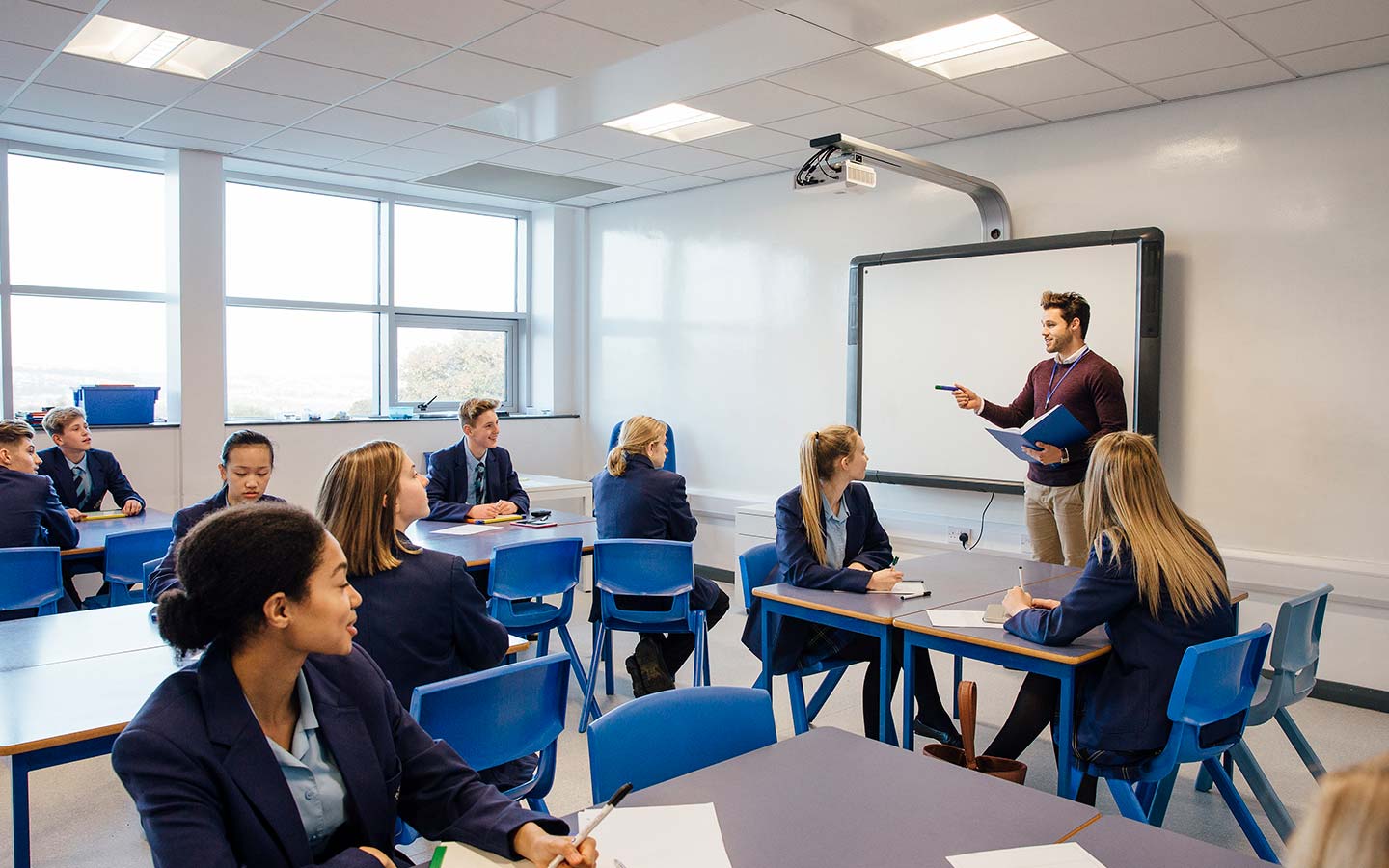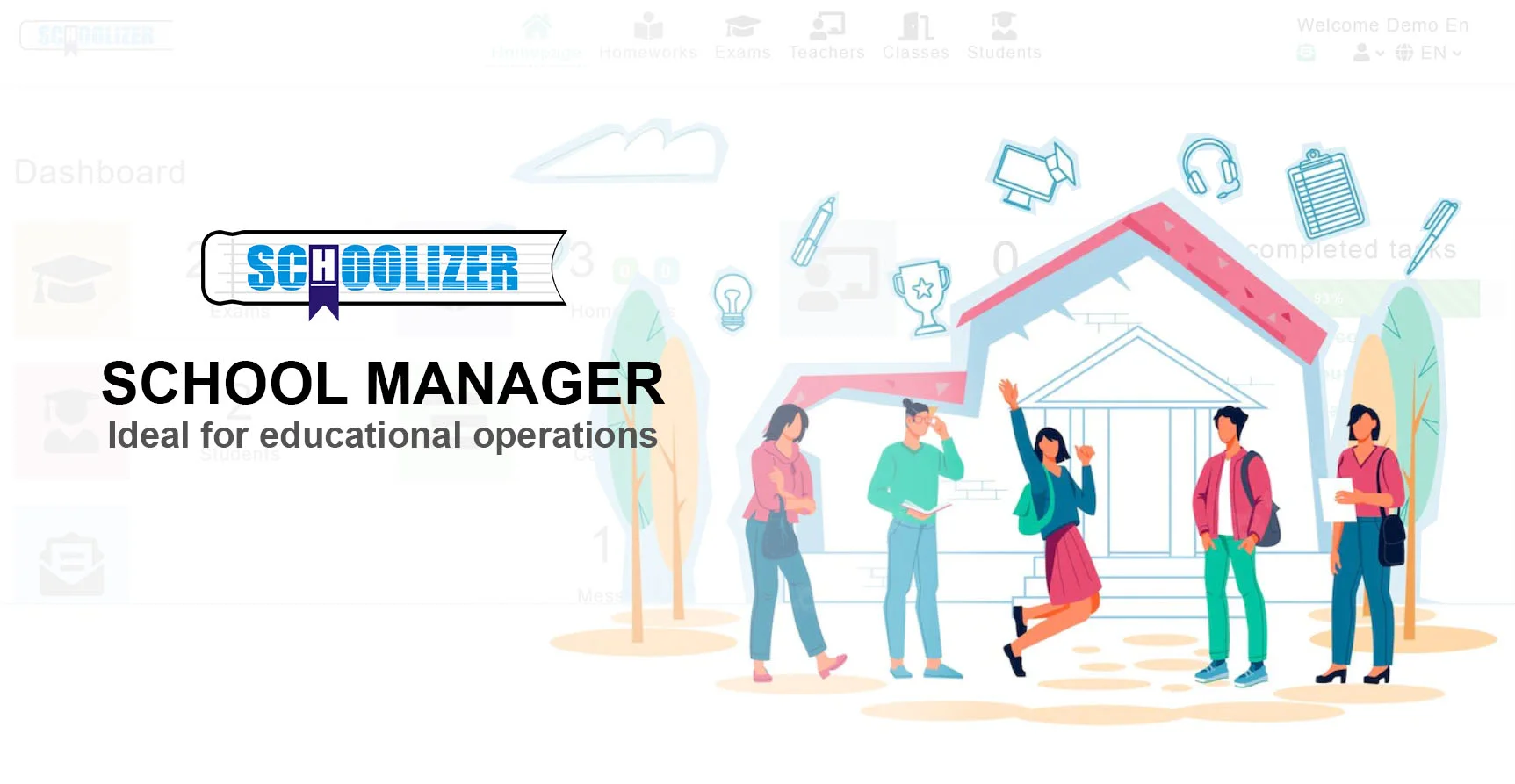The Importance of Teacher Training and Developing your Career

Teacher training and professional development are essential components of a successful career in education. As educators, our journey doesn't end with acquiring a degree or certification; it's an ongoing commitment to growth, learning, and honing our skills to better serve our students.
In this blog post, we'll explore the significance of teacher training and how investing in professional development can empower educators to excel in their careers and make a positive impact in the lives of their students.
What is teacher training?
Teacher training refers to the process of providing educators with the knowledge, skills, and resources necessary to effectively fulfill their roles in the classroom. It encompasses formal education, professional development programs, workshops, seminars, and other learning opportunities designed to enhance teaching effectiveness and student learning outcomes.
Teacher training covers a wide range of areas, including pedagogy (the art and science of teaching), subject-specific content knowledge, classroom management techniques, assessment strategies, educational technology integration, cultural competency, special education practices, and more.
The goal of teacher training is to equip educators with the competencies and tools needed to create engaging, inclusive, and effective learning environments that meet the diverse needs of students.

Read more: How to Make Lesson Plans? The Best Way to Plan Lessons in 2024
The Importance of Teacher Training
Teacher training is of paramount importance in the field of education for several compelling reasons:
- Enhancing Teaching Effectiveness: Effective teaching is a cornerstone of student success. Through comprehensive training, educators acquire the pedagogical skills, instructional strategies, and classroom management techniques necessary to engage students, facilitate learning, and achieve desired learning outcomes.
- Improving Student Learning Outcomes: Well-trained teachers are better equipped to meet the diverse learning needs of their students. By employing evidence-based teaching practices and differentiated instruction, they can create inclusive learning environments where all students can thrive academically and personally.
- Adapting to Educational Innovations: The field of education is constantly evolving, with advancements in technology, changes in curriculum standards, and new pedagogical approaches emerging regularly. Teacher training provides educators with opportunities to stay current with these innovations, enabling them to integrate new tools, methodologies, and best practices into their teaching repertoire.
- Supporting Student Well-Being: Teachers play a crucial role in supporting the socio-emotional development and well-being of their students. Training in areas such as social-emotional learning, trauma-informed instruction, and mental health awareness equips educators with the knowledge and skills to create safe, nurturing classroom environments that promote positive relationships and emotional resilience.
- Promoting Equity and Inclusion: Teacher training fosters a deep understanding of diversity, equity, and inclusion in education. Educators learn how to recognize and address systemic barriers to learning, develop culturally responsive teaching practices, and create inclusive learning environments where every student feels valued, respected, and supported.
- Fostering Professional Growth: Continuous professional development is essential for educators to refine their craft, expand their expertise, and advance their careers. Teacher training provides opportunities for ongoing learning, collaboration, and reflection, enabling educators to continuously improve their teaching practices and stay passionate and motivated in their profession.
- Empowering Educational Leadership: Well-trained teachers often emerge as leaders within their schools and communities. Through training in leadership skills, instructional coaching, and mentorship, educators can take on leadership roles, advocate for positive change, and inspire colleagues to strive for excellence in teaching and learning.
Read more: The 10 Best Ways to Increase Student Engagement in the Classroom
The Best Techniques for Teacher Training
When it comes to teacher training, several techniques can be highly effective in ensuring that educators receive valuable learning experiences. Here are some of the best techniques for teacher training:
- Hands-on Workshops: Organize interactive workshops where teachers can actively participate in learning activities, discussions, and simulations related to teaching strategies, classroom management, and assessment techniques. Hands-on workshops provide practical experiences that teachers can immediately apply in their classrooms.
- Peer Observation and Feedback: Encourage teachers to observe their colleagues' teaching sessions and provide constructive feedback. Peer observation allows teachers to learn from each other, gain new insights into teaching practices, and foster a culture of collaboration and continuous improvement.
- Modeling and Demonstration: Use experienced educators or instructional coaches to model effective teaching techniques and strategies during training sessions. Seeing these methods demonstrated in action helps teachers understand how to implement them in their own classrooms.
- Case Studies and Problem-Solving Scenarios: Present real-life case studies or scenarios that teachers may encounter in their teaching careers. Encourage them to analyze the situations, identify challenges, and brainstorm solutions collaboratively. This approach promotes critical thinking, problem-solving skills, and application of knowledge.
- Microteaching Sessions: Conduct microteaching sessions where teachers practice delivering short lessons to their peers. Afterward, provide feedback and guidance on areas for improvement. Microteaching allows teachers to refine their teaching skills in a supportive environment.
- Online Learning Platforms: Utilize online learning platforms to provide self-paced courses, webinars, and resources for teacher training. These platforms offer flexibility and accessibility, allowing teachers to engage in professional development at their own convenience.
- Reflective Practices: Incorporate reflective activities into teacher training sessions, such as journaling, group discussions, or guided reflections on teaching experiences. Encourage teachers to critically analyze their teaching practices, identify strengths and areas for growth, and set goals for improvement.
- Coaching and Mentoring: Pair novice teachers with experienced mentors who can provide guidance, support, and feedback throughout their professional development journey. Coaching and mentoring relationships foster individualized support and promote continuous learning and growth.
- Action Research Projects: Encourage teachers to conduct action research projects focused on specific aspects of teaching and learning. By investigating their own classroom practices, teachers can generate valuable insights, test innovative approaches, and contribute to the broader field of education.
- Follow-Up Support and Resources: Provide ongoing support, resources, and follow-up sessions after initial training to reinforce learning and sustain professional growth. This may include access to online communities, professional learning networks, coaching sessions, and additional workshops.
Read more: What is Active Learning? The Best Guide for Active Learning in 2024
How does teacher training affect your career?
Teacher training can have a profound impact on an educator's career in several ways:
- Enhanced Teaching Skills: Through training programs, teachers acquire new knowledge, skills, and strategies that enhance their teaching effectiveness. They learn innovative teaching methods, classroom management techniques, assessment strategies, and how to integrate technology into their instruction, making them more competent and versatile educators.
- Career Advancement Opportunities: Teacher training can open up opportunities for career advancement. Educators who engage in continuous professional development and acquire specialized certifications or qualifications may be eligible for promotions to leadership positions such as department heads, curriculum coordinators, or instructional coaches.
- Increased Job Satisfaction: Investing in professional development through teacher training can lead to greater job satisfaction. As teachers develop their skills, they become more confident in their abilities to meet the diverse needs of their students and overcome challenges in the classroom, leading to a sense of fulfillment and accomplishment in their careers.
- Better Student Outcomes: Effective teacher training directly correlates with improved student outcomes. Teachers who receive high-quality training are better equipped to engage students, differentiate instruction, address individual learning needs, and create supportive learning environments, ultimately leading to higher academic achievement and student success.
- Adaptability to Change: In today's rapidly changing educational landscape, teachers must stay updated on the latest research, trends, and best practices in education. Teacher training provides educators with the knowledge and skills they need to adapt to changes in curriculum standards, instructional methods, technology integration, and student demographics, ensuring they remain effective in their roles.
- Professional Networking and Collaboration: Teacher training often involves opportunities for networking and collaboration with fellow educators.

Read more: The Importance of Innovative Learning in Education
In conclusion
Teacher training and professional development are indispensable for educators looking to thrive in their careers and make a meaningful difference in the lives of their students.
By investing in continuous learning, staying abreast of best practices, and seeking out opportunities for growth and development, educators can enhance their teaching effectiveness, advance their careers, and ultimately contribute to the success and well-being of the next generation.
As we embark on this journey of lifelong learning and professional growth, let's remember that our commitment to excellence in education is a cornerstone of building a brighter future for all.






